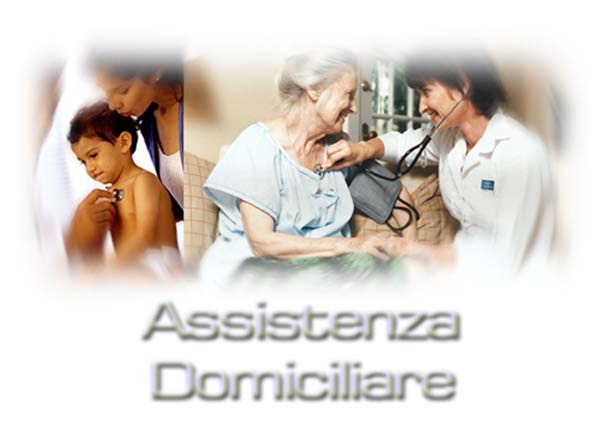ALZHEIMER PATIENTS ASSISTANCE

The disease or Alzheimer's disease is a form of degenerative and progressive senile (or presenile) dementia. Its global impact is very high. In the world, almost 50 million people are affected by the disease, of which 600 thousand only in Italy. Alzheimer's disease, due to the severity of the symptoms, is very disabling and stressful, both for the sick and for their families. They are the ones who suffer the most devastating impact of the disease and see their quality of life irreparably compromised. The main employers of Alzheimer's patients, in fact, are the closest family members, such as children or spouse. They are the latter to take charge of all the physical and psychological consequences of the disease. In the initial phase, the patient accuses only the difficulty in remembering recent events, but in the advanced stage he can even forget to recognize his loved ones. The pathology, in fact, compromises all the sensory and cognitive capacities of the patient.
The latter may have mood swings, outbursts of rage and aggression, psychotic and hallucinatory states, delusions of persecution, up to behaving like a child and acting as such. In the final phase, the patient is totally unable to manage alone and to provide for his basic needs, such as going to the bathroom or eating. In severe cases, the patient not only becomes incontinent, but can also do his or her own needs at home, just as untamed animals do. All this, besides being the most extreme manifestation of the patient's suffering, is also the worst nightmare of the family members, who must assist him continuously 24 hours a day. To manage such a difficult and dramatic situation, constant and qualified assistance is needed. Around, there are many specialized structures in the care of Alzheimer's patients, but often these structures seem more like hospices than welcoming and reassuring clinics.
This is why many family members prefer to keep their patients at home. But assisting a person with senile dementia alone is not easy. The reactions of the same are sometimes violent and unpredictable and the assistance of the family can be frustrating, tiring and not useful for improving the quality of life of the subjects involved. The disease, in fact, precisely because it is born in the brain, compromises the most intimate and profound relationships between people, breaking even the most enduring emotional ties. It is not easy to understand and understand an Alzheimer's patient. To prevent life from becoming a hell, everyone, the sick and the family, can be placed in a rehabilitation and assistance path that takes into account both the patient's clinical needs and the difficulties of the family. Admission to Alzheimer's patients may therefore include medical, nursing and rehabilitation services, as well as care and psychological support for family members. The operators specialized in helping Alzheimer's patients and their families are able to provide health support and psychological assistance, but also listening and understanding.
Affection and caresses are in fact the most important treatment for this particular type of patients. The support network can really guarantee a better quality of life for the patient and his family, restoring the affective and relational balance compromised by the disease. The assistance service for Alzheimer's patients can be requested from voluntary associations, public and private structures.

